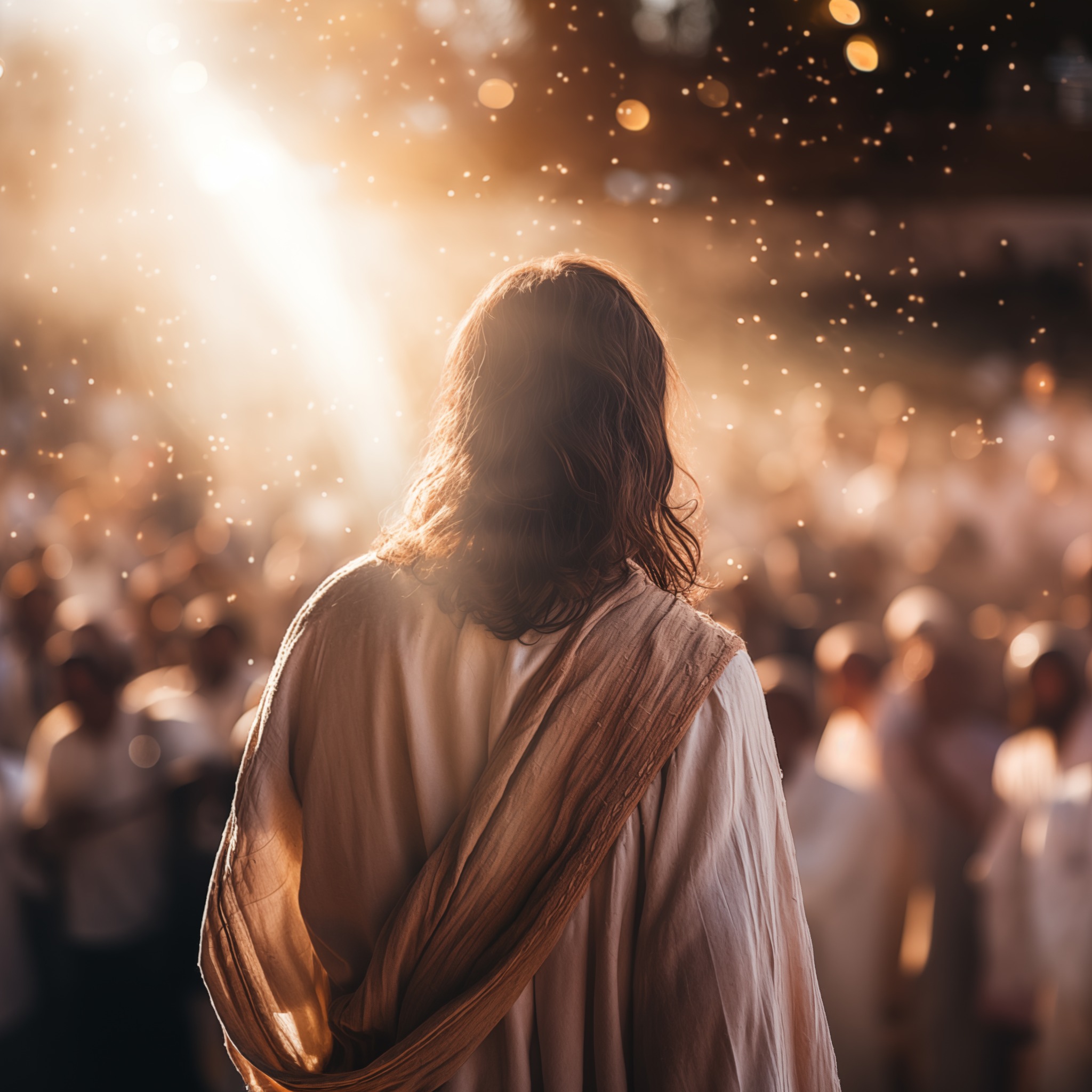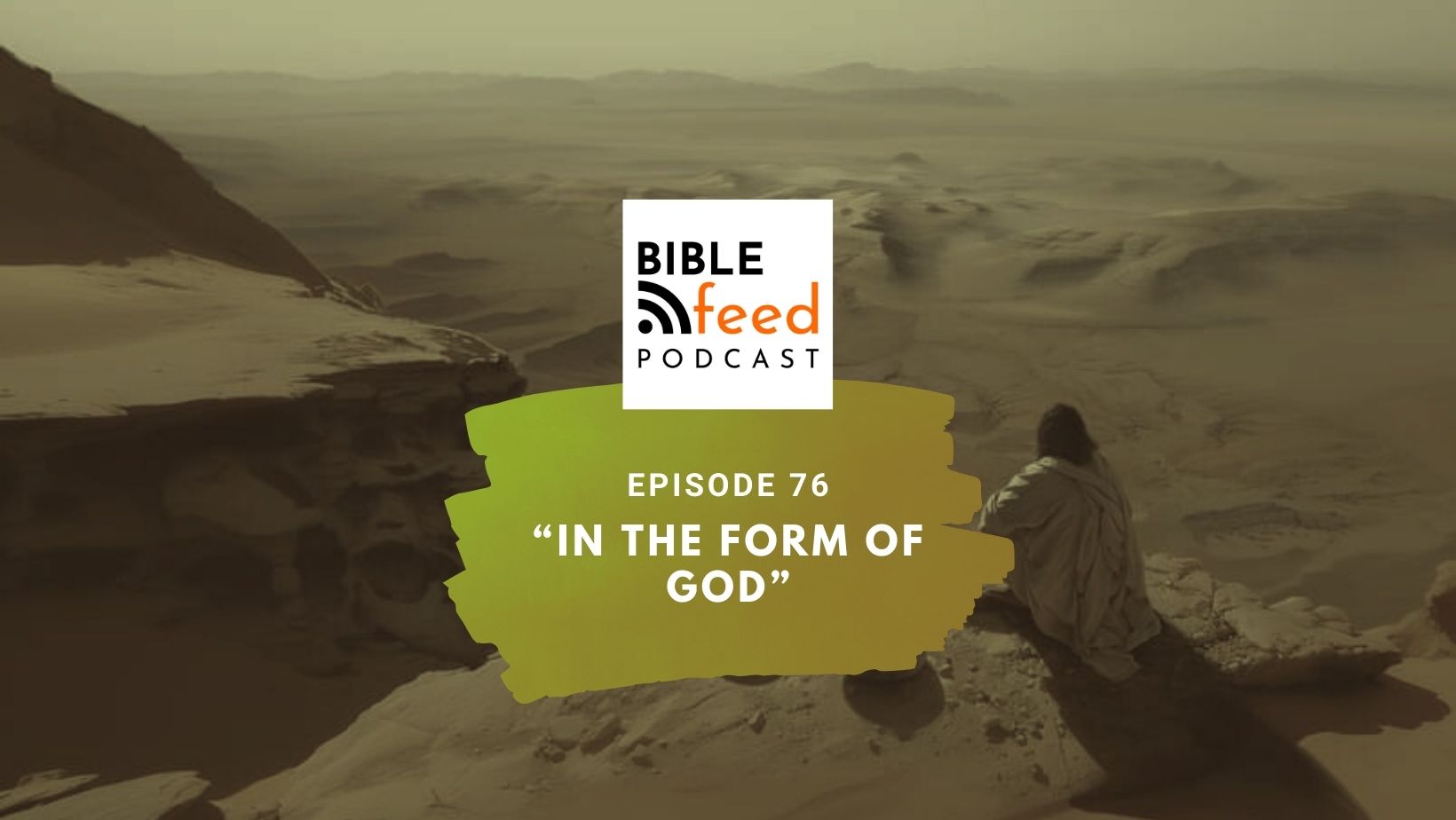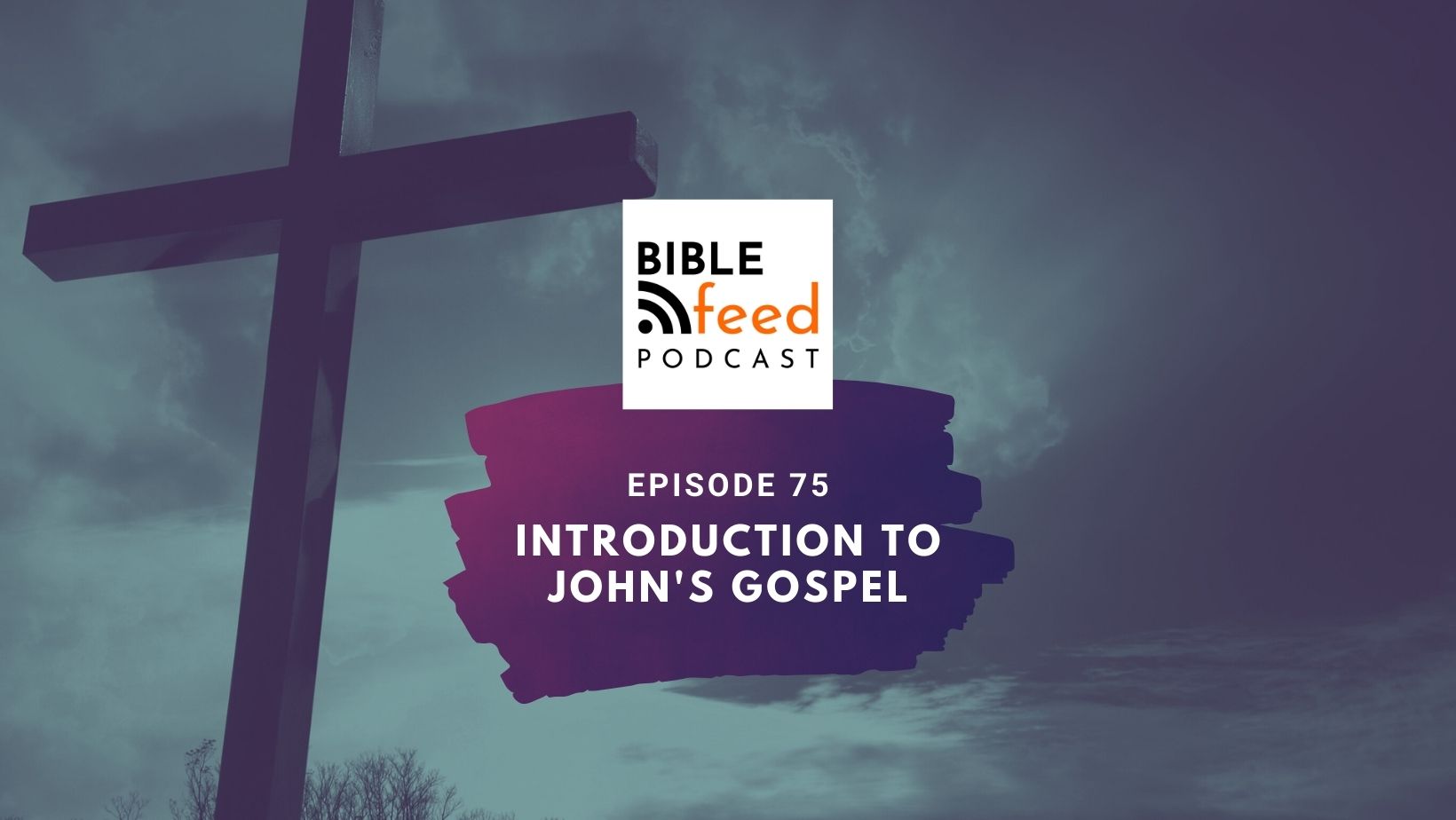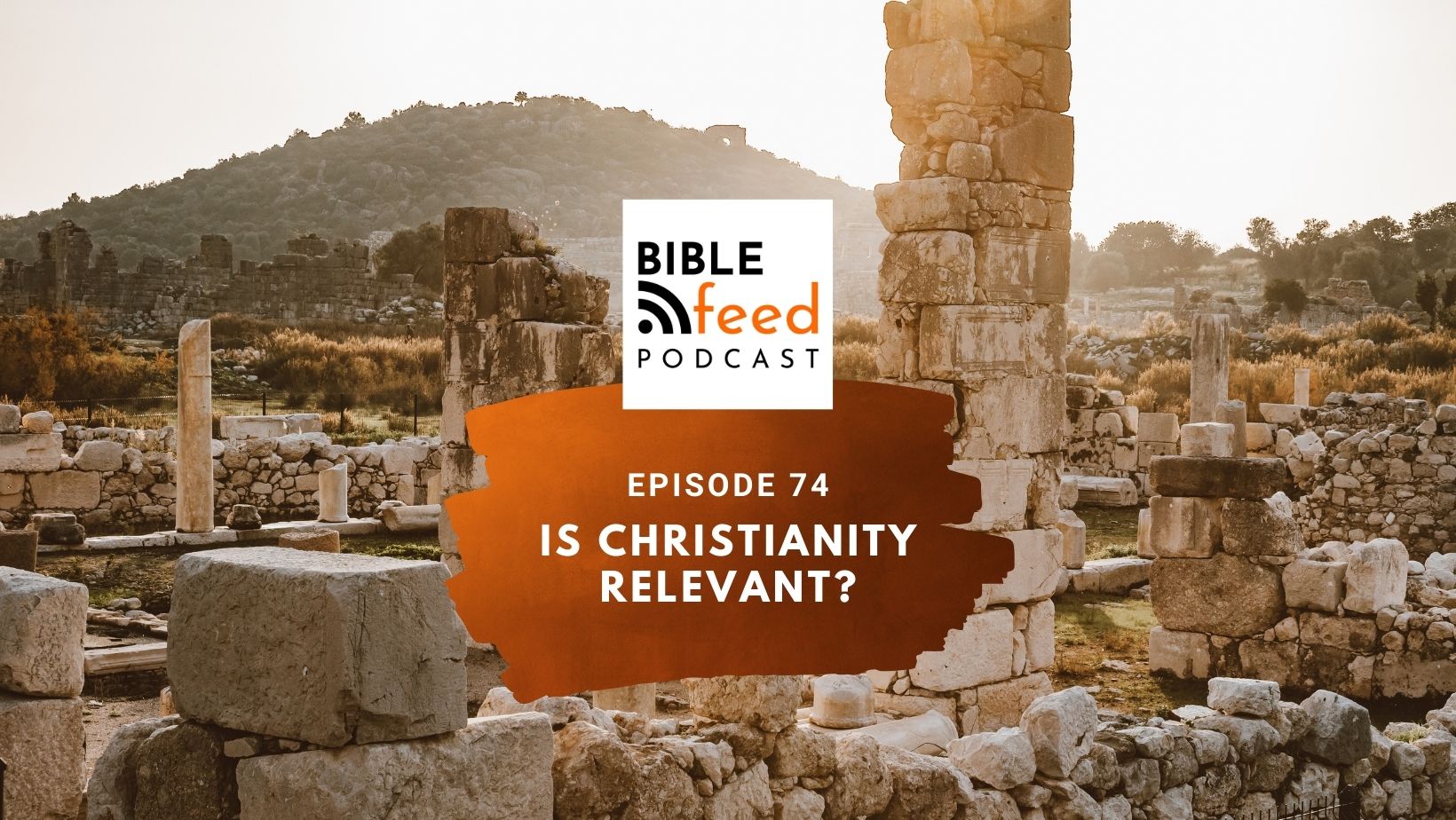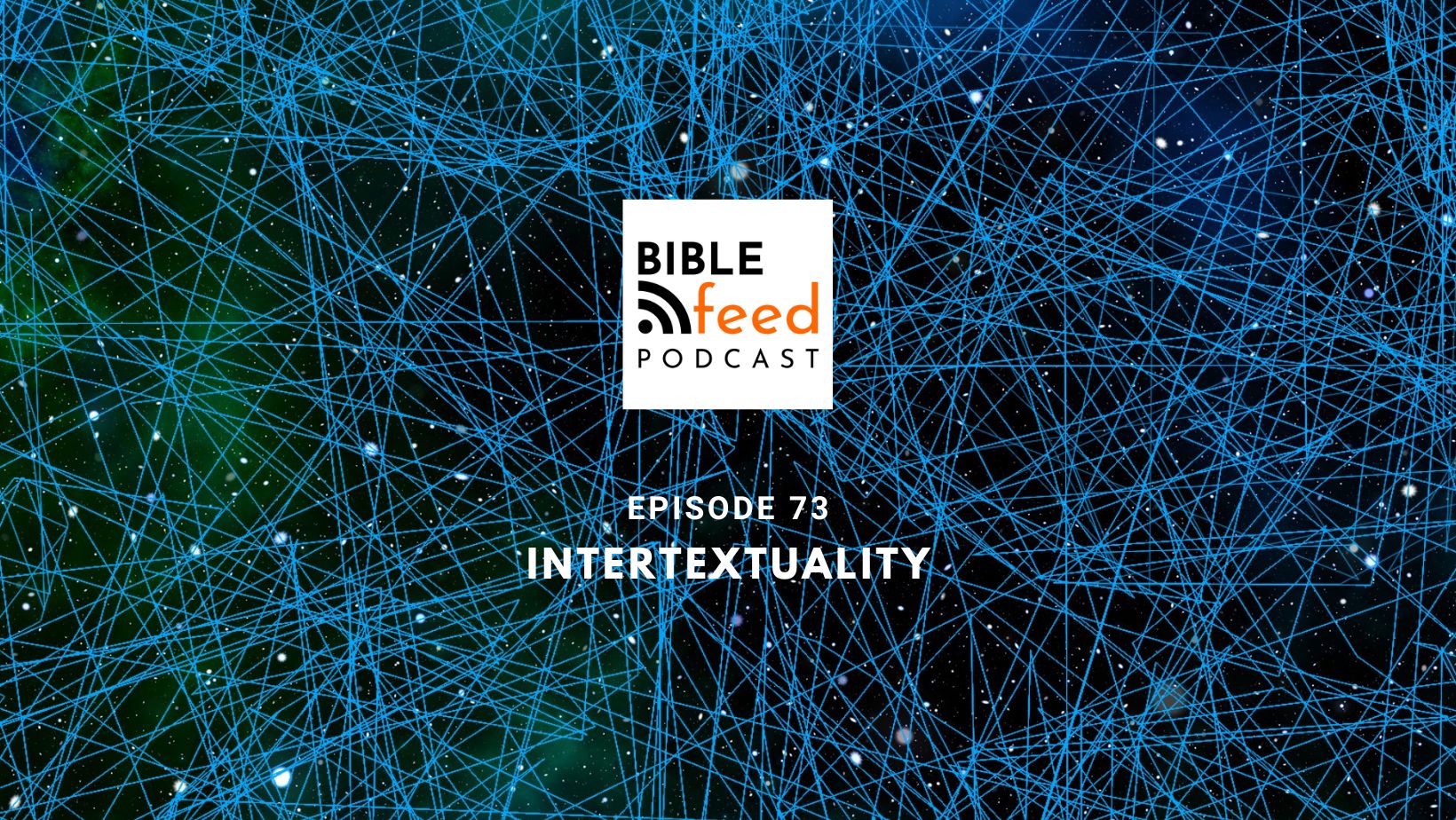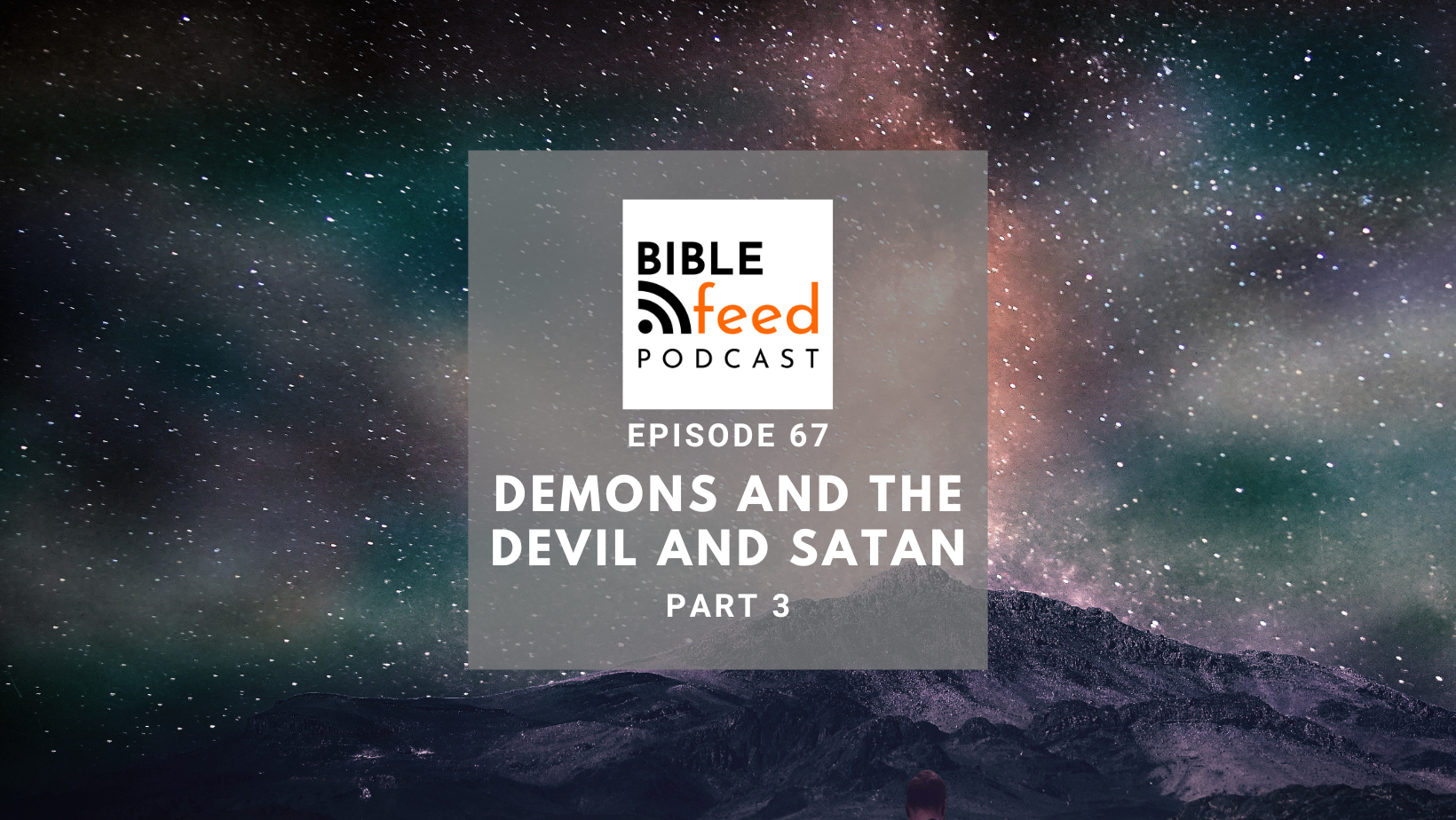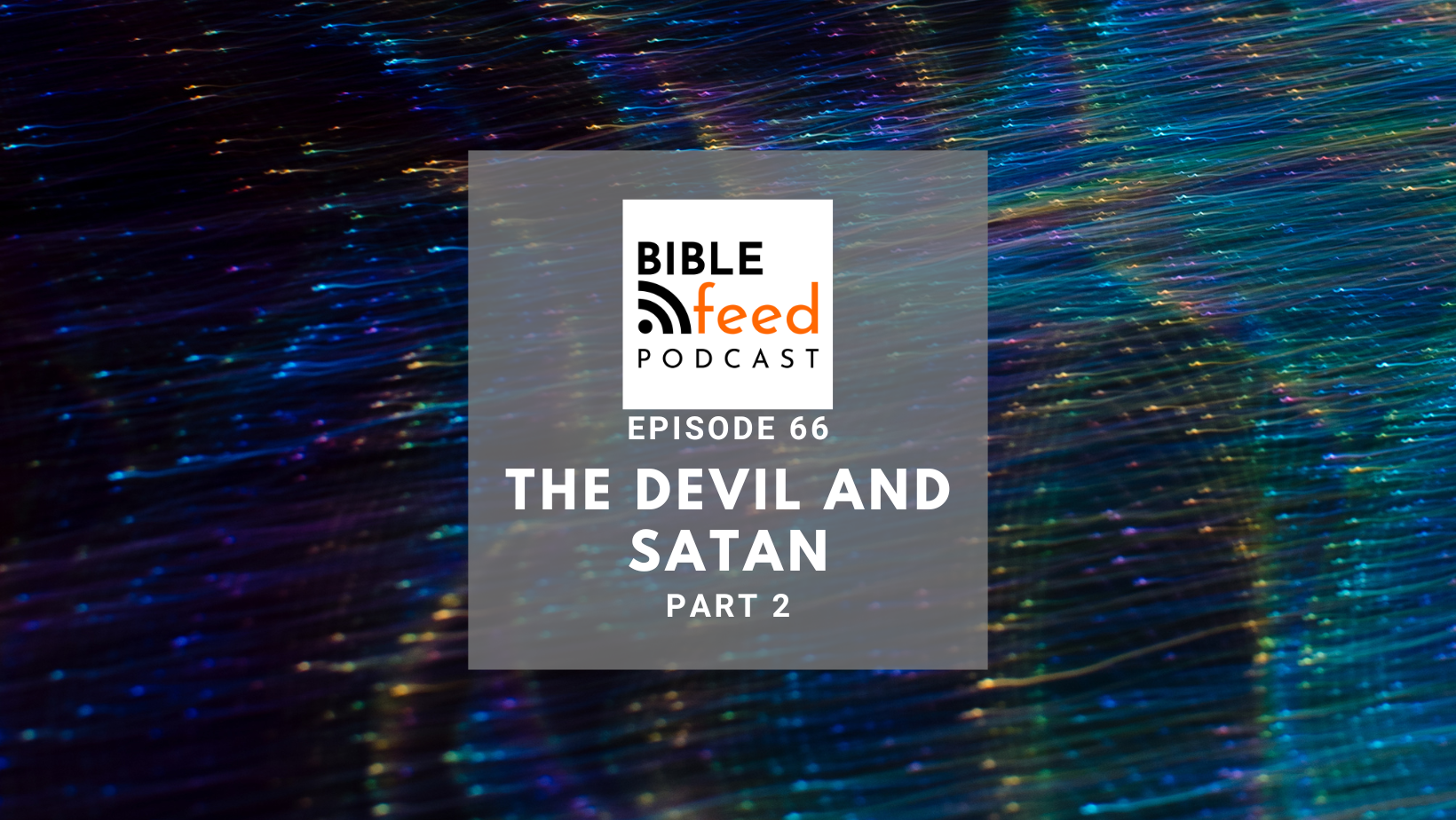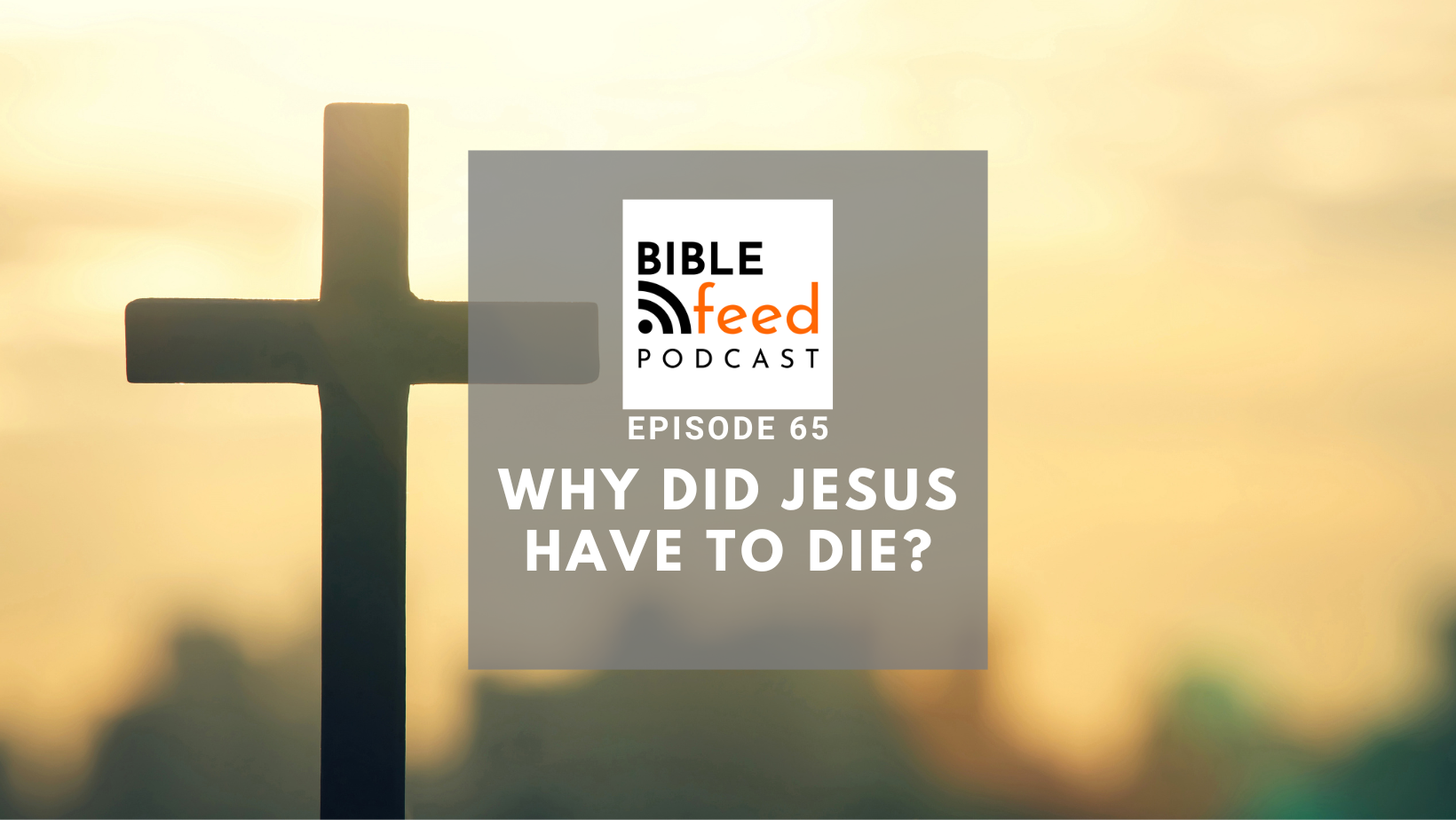Philippians 2:5-11 is often assumed to be about the incarnation of the Son, but does that stand up to scrutiny when you look at it in detail? We consider five reasons to doubt that interpretation.
In this episode, instead of a high level overview, we delve deep into one complex and much debated passage in Philippians 2 which says that Jesus was "in the form of God". We navigate through various translations, interpretations, and biblical contexts to uncover the essence of this pivotal scripture.
In this episode Dan and Paul embark on an exploration of John's Gospel, unraveling its sense of majesty and mystery right from the opening verses. They discuss the unique structure and content of John's Gospel, comparing it to the Synoptic Gospels—Matthew, Mark, and Luke—highlighting its distinct opening, key themes, and the explicit purpose stated in John's narrative. They delve into the significance of belief, the role of witnessing, and the powerful symbolism of water and blood, offering a compelling argument for understanding John’s Gospel as a carefully selected collection of events aimed at strengthening the reader's faith in Jesus as the Messiah.
Paul and Dan talk about "intertextuality" - basically, how the meaning of a text is influenced by references to other texts. The Bible (not surprisingly) is full of links between its 66 books. But how far can we take this? Can we go too far and see patterns where there are none (like seeing the face of Jesus in a slice of toast)?!
Relaunching the podcast, Dan and Laurence celebrate by pondering a lesser known Christmas story. They encounter a community of people in the temple at Jerusalem "waiting for the consolation of Israel". They discover that the birth of Jesus is firmly rooted in a backstory. Investigating mystery deaths and incomplete sentences, this is an invitation to have yourself a lesser known Christmas story!
Where do demons fit into a Biblical theology? We look at the few places they appear in the Old Testament and find them linked to the idols worshipped by the peoples around the ancient Israelites. It turns out they are presented as having no real existence or power. So why do demons suddenly make a large appearance in the Gospels?
We continue their exploration of how these 'characters' appear in the Bible. In part 1 we reached a preliminary conclusion that they are used as terms to personify our inherent tendency to want to go our own way rather than God's way. We now look at many more of the relevant biblical passages to get to know the devil and satan better.
Dan welcomes guest, John Launchbury, to discuss the vital question: why did Jesus have to die? They explore the meaning of the word atonement and consider the pros and cons of some of the main atonement theories. As they explore the key scriptural passages involved they find that the impact of the death of Jesus can be just as profound today as it was in the 1st century - and it's all about changing us rather than changing God!
In the dead of night, in the middle of the sea of Galilee under a ferocious storm, Jesus appears walking on the waves towards his disciples. He calms the sea and the boat is immediately at land and safety. It's no wonder that the disciples were amazed at this. What did this mean? If Jesus could control creation by walking on the raging sea, does that make him divine? Does walking on water show that Jesus is God?

